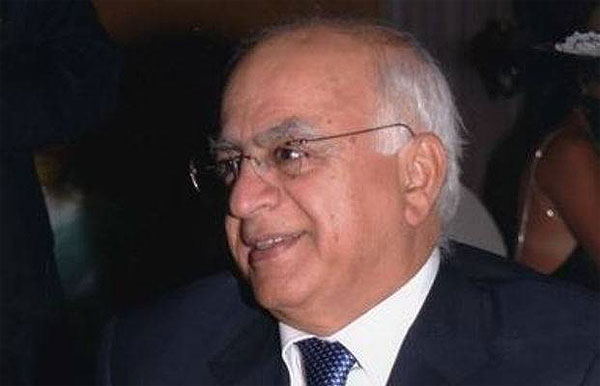16/06/2022
16/06/2022
We do not want anyone to offend us and so we have demanded serious action to be taken against the Government of India for the treatment meted out to its Muslim citizens; this is not interference in Indian affairs as much as it amounts to expressing an opinion that we do not deny to anyone.

A few days ago, unjustified statements were issued by the official spokeswoman of the ruling party in India, and several Islamic countries considered them offensive to our religious symbols, although what she said was not new.
After the protests escalated, the Indian government dismissed the spokeswoman, after she apologized, but some demanded an official apology from the Indian government itself and the latter refused to do so. It is noticeable that many countries issue many statements – verbal and in writing – in addition to actions that are offensive to our religious symbols, yet I have heard nothing but ‘whispers’ of protest, and our voice only rises against countries we believe we can harm them, knowing that ignoring is the best way of dealing with such issues.
Our insistence on harming them or offending their citizens in our countries is a clumsy decision that will soon turn against us and will result in a reaction from one side to the other and more abuse of Muslims, in retaliation of our boycotting them.
When the vile Iraqi invasion and occupation of our country occurred, hundreds of thousands of Indians were living in Kuwait, the best among various communities in terms of their obedience to laws and moral record.
They were stuck in difficult living conditions, and their situation almost turned into a human tragedy, with all means of returning to their homeland safely interrupted, so their government acted very quickly and sent fleets of aircraft to take them home in what is seen till today as the single biggest operation of its kind in history.
Therefore, we must not think that we use the deportation of Indians as a weapon against Delhi as its effects will reverberate on us from the moment the first thousand Indians leave the soil of our homeland. India, which is majority Hindu, lived under Islamic rule from 1526 to 1858, and that rule ended with the start of the English colonization, and that period was never all honey for Hindus, a treatment meted out to them by Mughal invaders who came from outside.
The Muslim has always believed since he set foot on the land of India in 711 AD (96 AH), that he is the strongest and most important, and subsequently the most ancient. This feeling of superiority has been seen in almost all nations and civilizations, from the superiority of whites over colored people, Aryans over the rest of the world, Fascists and Zionists over others, to the last of these hollow delusions of grandeur.
In this context, the Indian commentator Manoj Joshi says that the Hindu extremists or “Hindutvas” claim their superiority, and that the Muslims and Christians of India are the product of forced conversion by their ancestors, and they must return to their origin or leave, if not perish.
This idea is what provided the ruling party with its current political strength, knowing that Hindu extremism was not limited to Muslims, but extended to include the rest of religious minorities and other components that do not follow the path of fanatic nationalism. Standing against the policies of the nationalist Bharatiya Janata Party must be part of an international movement that combats its tendencies and actions against its citizens.
Note that we preceded them in acting violently against non-Muslim minorities in our countries through unfair legal applications and the criminal acts of “Omar al-Bashir” and others are still vivid in our minds. Whoever wants to boycott India should start with himself or with his stomach and stop eating basmati.
By Ahmad alsarraf
e-mail: [email protected]


